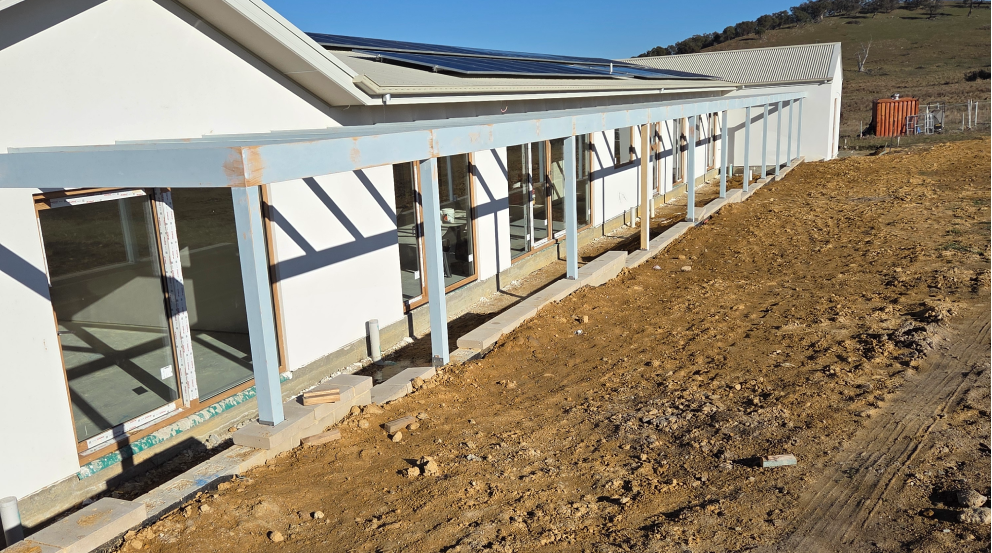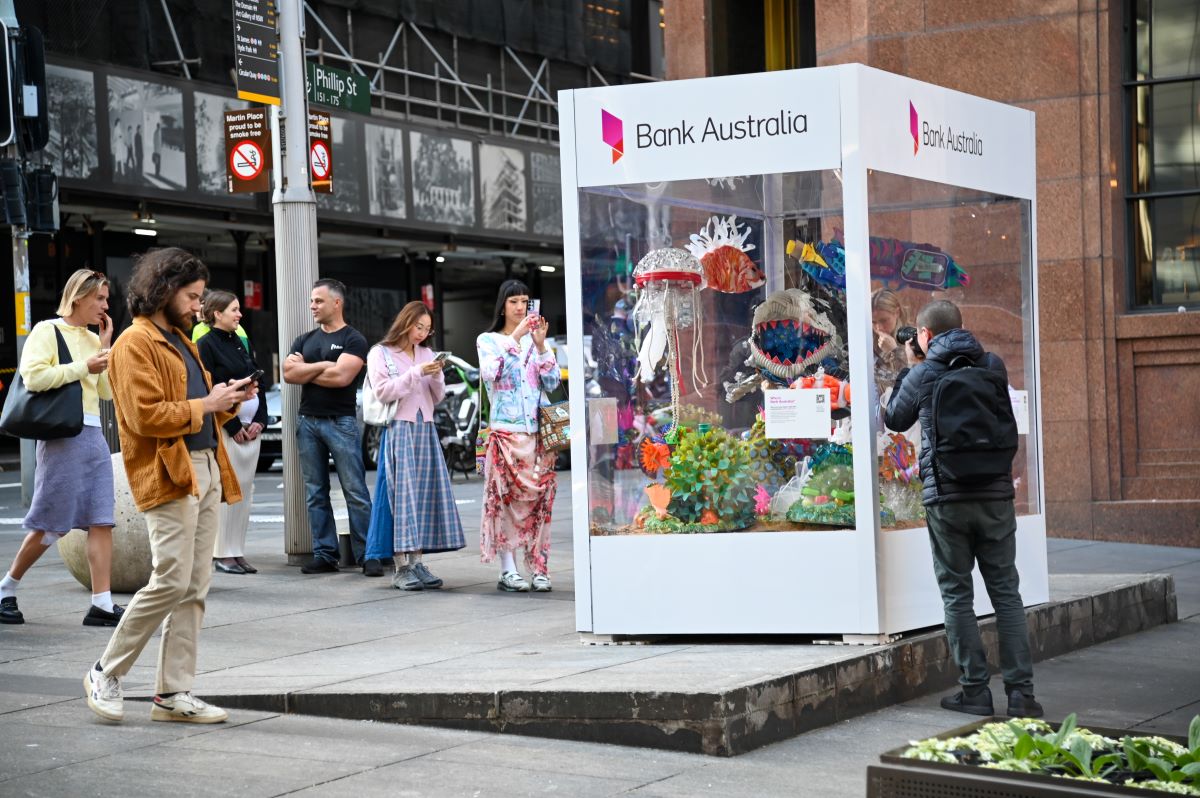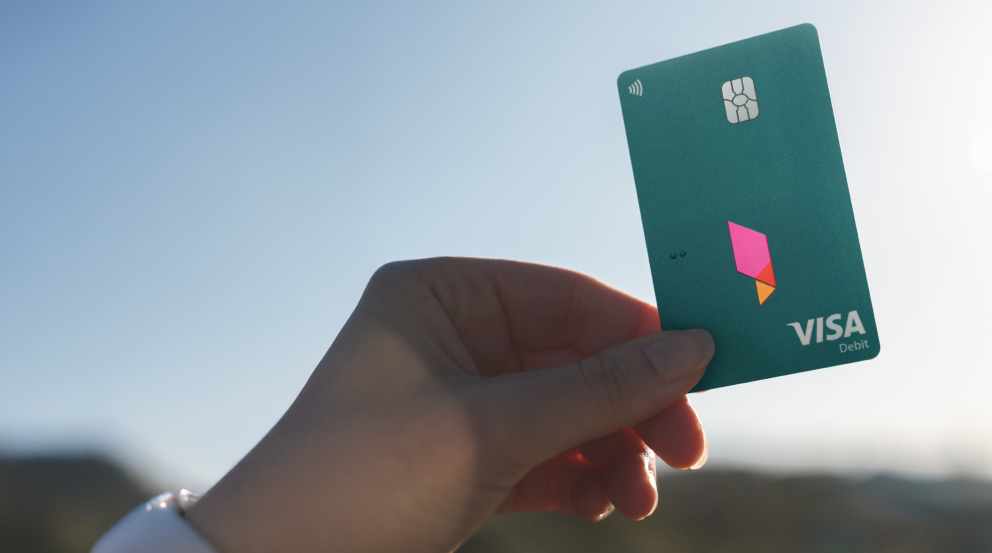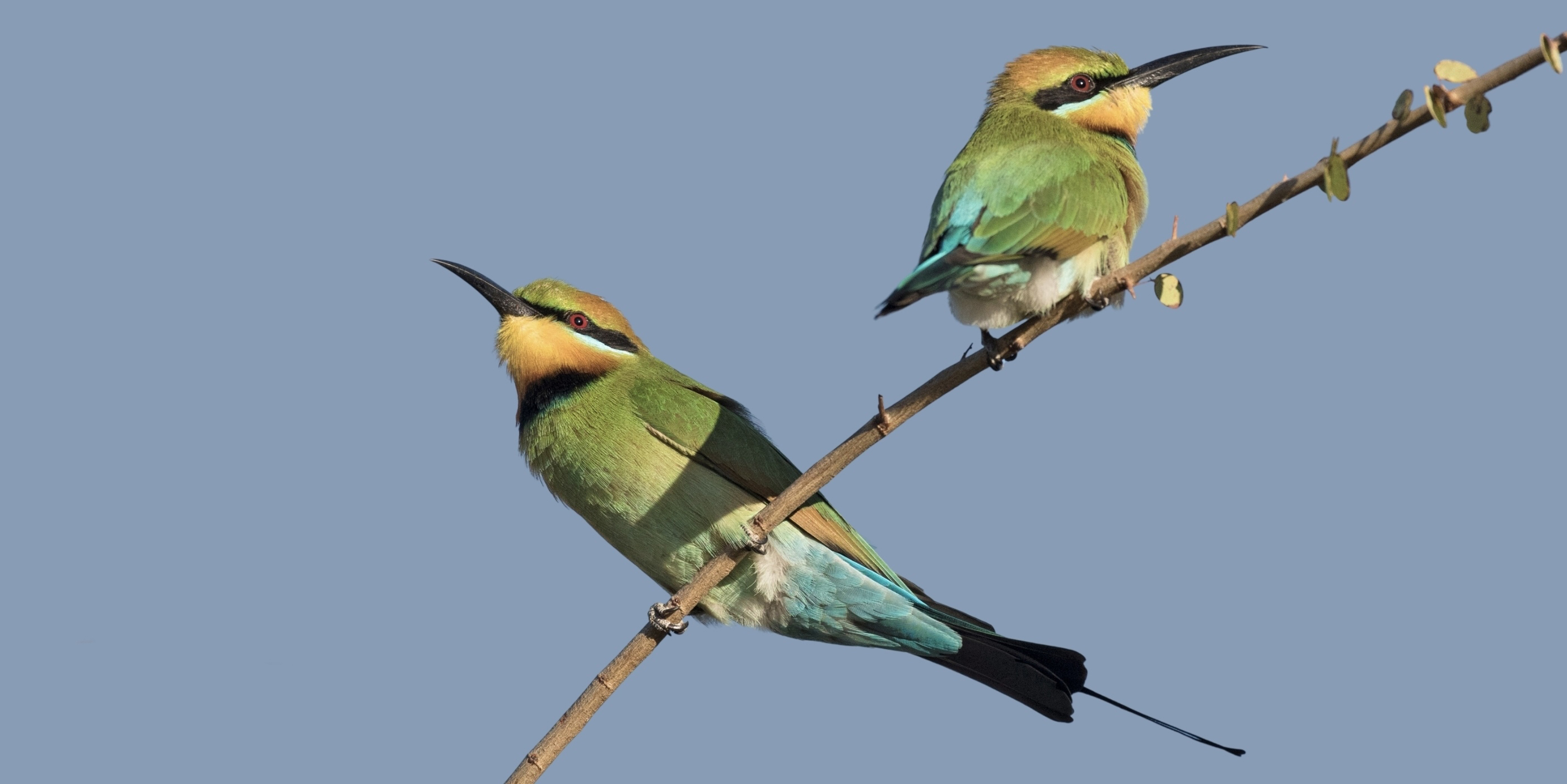As we continue to listen and learn from First Nations people, we acknowledge that 26 January, for many, represents mourning, grief and is a painful reminder of Australia’s colonial history. Here we speak to several Bank Australia employees about why they’re choosing to work on January 26.
A national public holiday is, at its best, a chance to pause and reflect, or to celebrate. January 26 is a more complex anniversary and, for many, a painful one.
Bank Australia recognises First Nations reconciliation, and genuine recognition and respect for First Nations people, as a fundamental responsibility. This is a very important matter we know our customers are concerned about. As part of this commitment, Bank Australia employees have the option to work on January 26 and choose a different holiday day.
Why are these Bank Australia team members working on January 26?
‘I’m working on January 26 to show solidarity with my fellow First Nations people and in recognition of the truth – that this is the anniversary of a colonial invasion that precipitated egregious and ongoing dispossession, abuse and suffering of our people that continues to this day. In the face of this, I also recognise the tireless efforts of First Nations people in working towards a brighter, shared, and more positive and equitable future.’ - Rafe Pfitzner Milika, Manager Reconciliation Strategy
‘I’d like everyone in our community to be able to celebrate together, and feel like it’s a straightforward and meaningful thing for the federal government to shift the date of Australia Day so we can do so. Personally, I want to acknowledge First Nations peoples and 65,000 years of ongoing cultures plus our recent unjust history honestly and in turn make a commitment to building a better shared future for all of us. So this year I appreciate having the opportunity to work on January 26 and take the day on a different date.’ - Lucy Berry, marketing
“This country, known as Australia, is incredibly stunning and deserves recognition. However, I believe that celebrating January 26th may not be the most suitable approach, considering its connection to some of our nation's most tragic history. Choosing to work on this day allows me the chance to commemorate on a date that aligns more appropriately with my values. Additionally, working on January 26 has provided me with valuable opportunities to engage in meaningful discussions with colleagues, shedding light on the significance of acknowledging and addressing the injustices Indigenous peoples have faced.” – Gabby Rafter, People & Culture
As a values-based bank, we are committed to advancing reconciliation and working with First Nations communities and organisations. We know there is a lot of work to be done. We continue to support the full realisation of the Uluru Statement from the Heart as an important step in the ongoing journey towards First Nations justice.
About January 26
January 26 is noted as the date when the First Fleet landed and Arthur Phillip raised the Union Flag at Sydney Cove, the traditional lands of the Gadigal People of the Eora Nation. This date is seen as a Day of Mourning for many First Nations peoples and allies, as it punctuated a period of colonisation, murder, mistreatment, dispossession and suffering at the hands of British settlers. As early as 1938, First Peoples have declared January 26 as a Day of Mourning, with major protests first occurring in 1988, Australia’s bicentenary and across the country in recent years.
There have also been growing calls to change the date of Australia Day to a day that all Australians can celebrate.
More information and resources
To learn more and to take action, there are lots of resources available and great organisations that you can follow and support. Here are just a few:
- Reconciliation Australia statement on 26 January
- Clothing the Gaps blog ‘Not just another day in the office’
- SBS article about January 26








